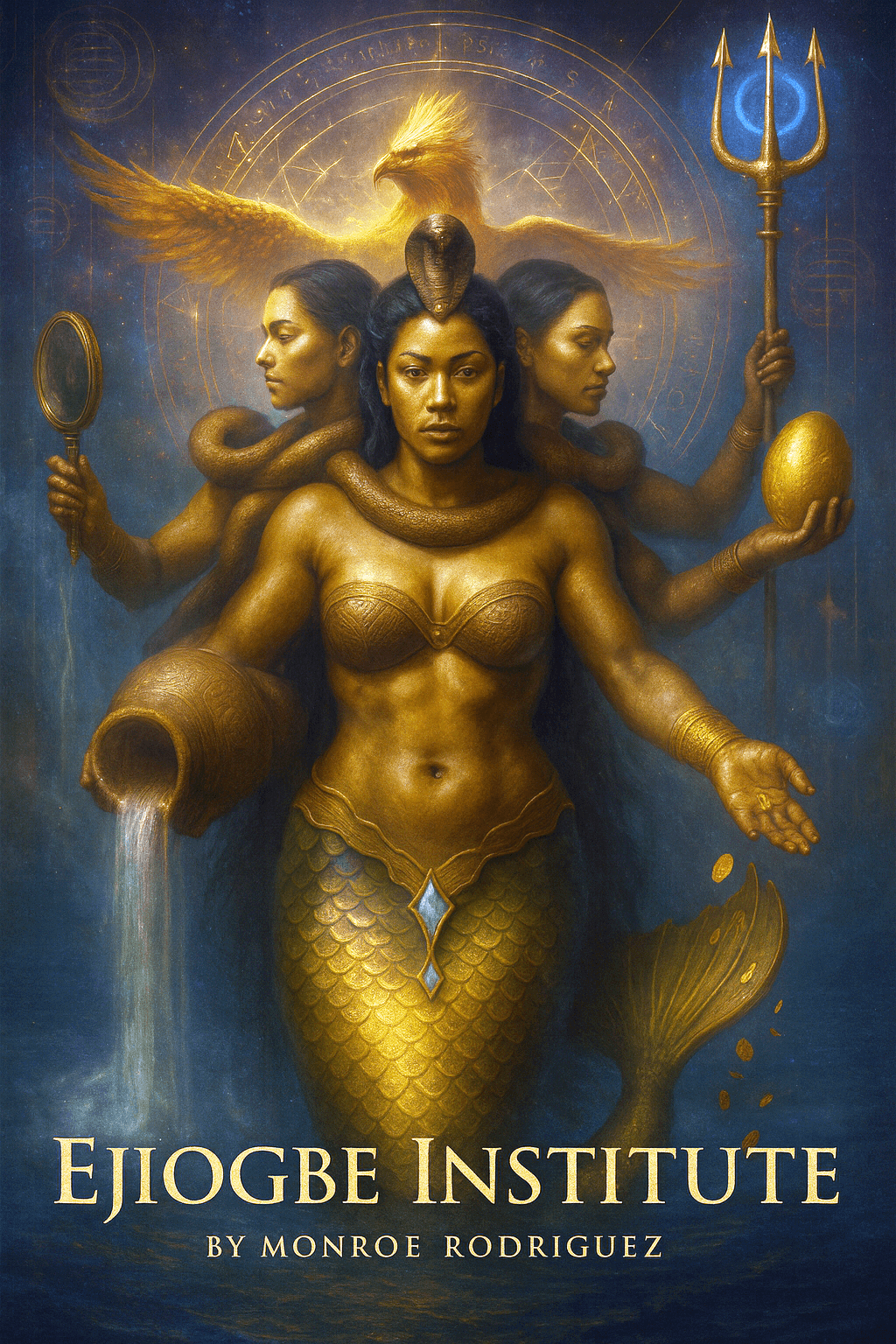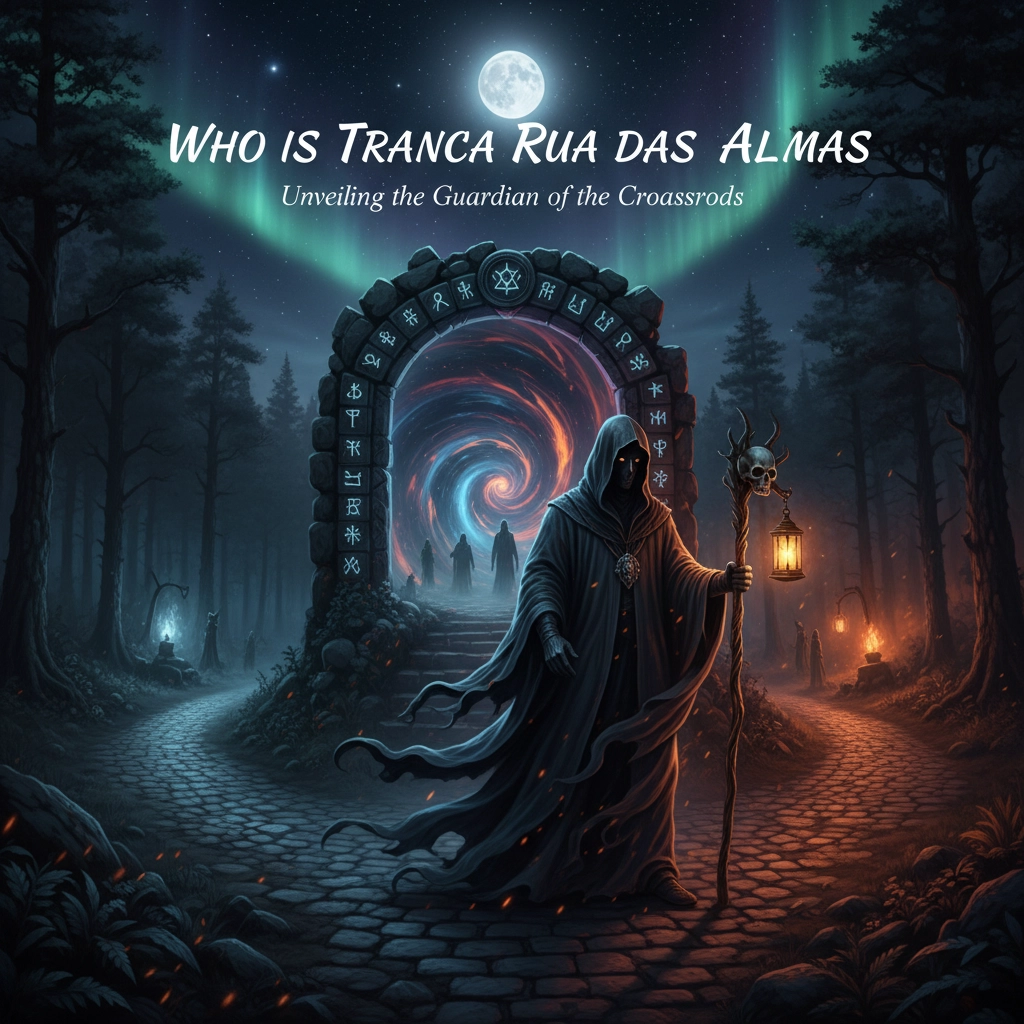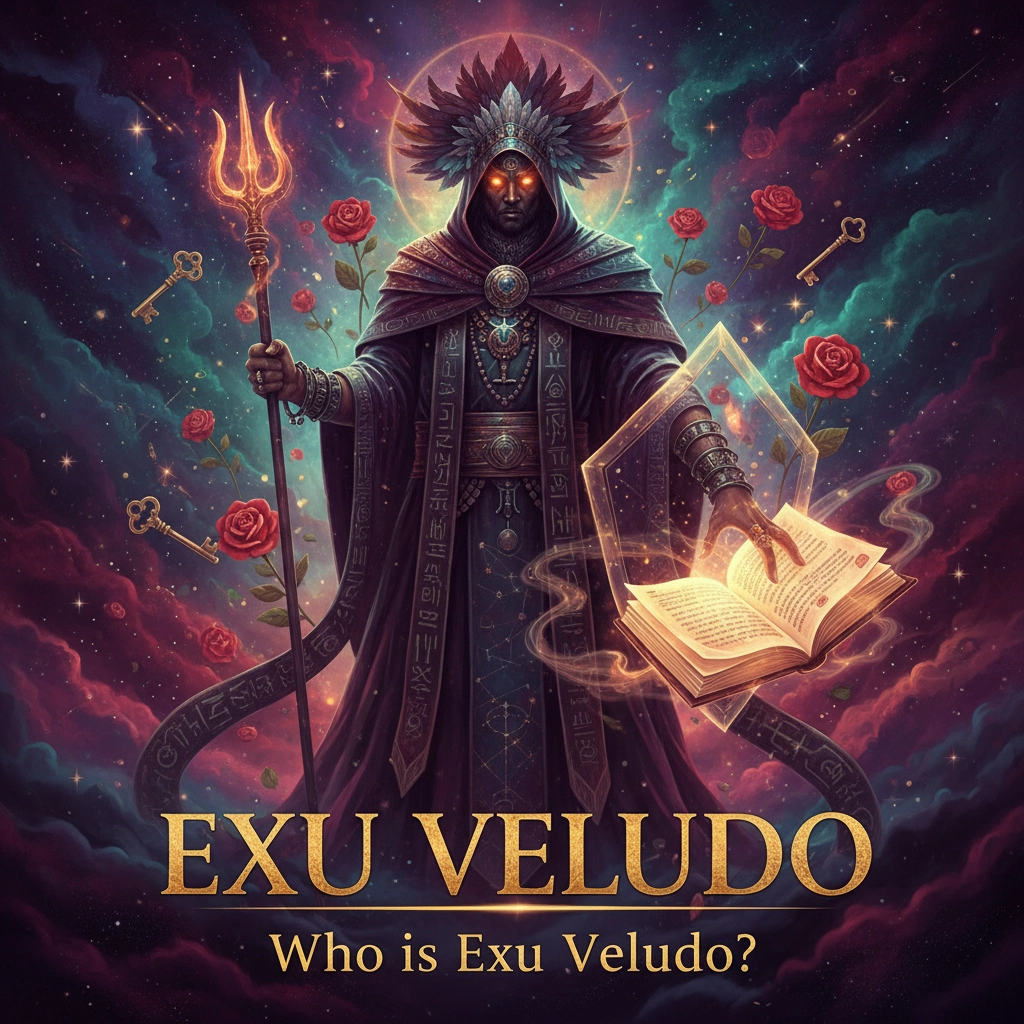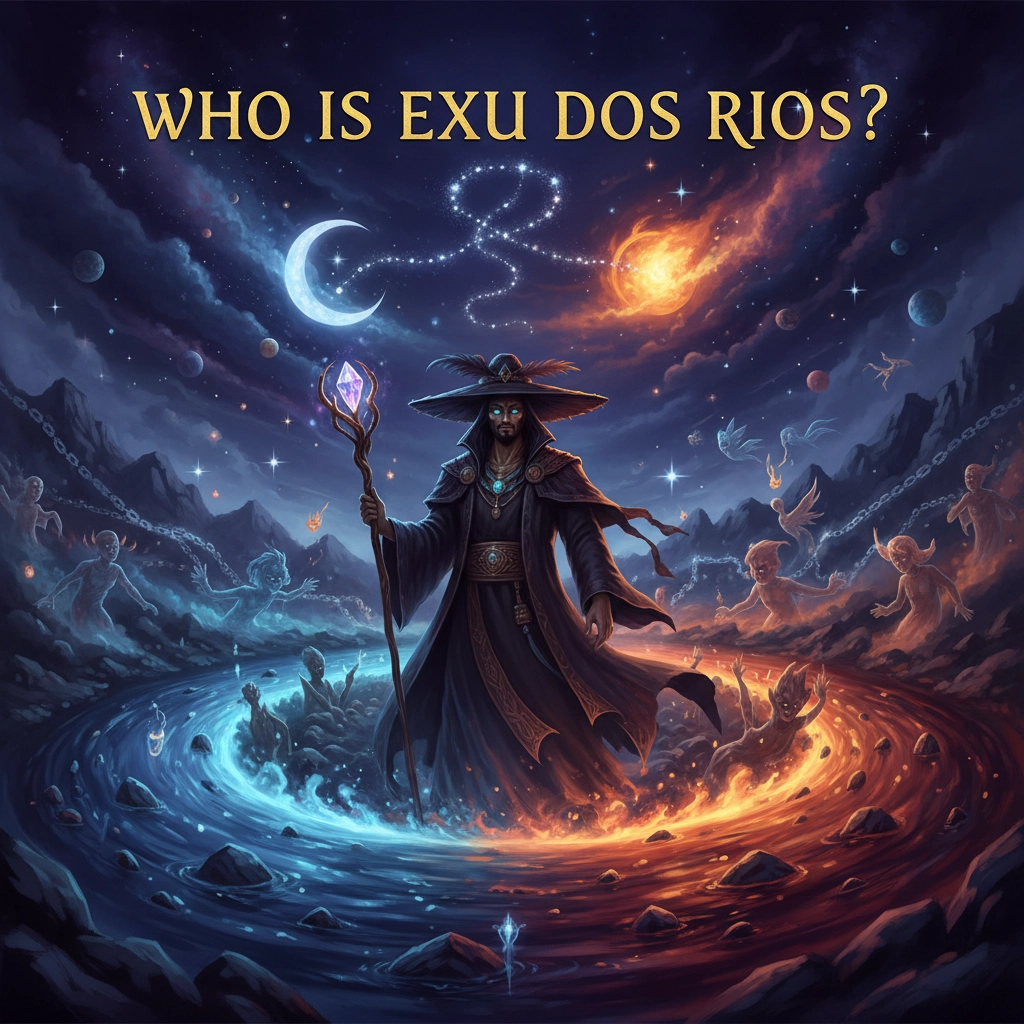What happens when the boundaries between worlds blur, and a defrocked priest becomes the guardian of lost souls? In the shadowy crossroads where life meets death, where ancient wisdom collides with colonial trauma, stands one of Afro-Brazilian spirituality's most enigmatic figures: Tranca Rua das Almas.
Far from the sanitized version of spirituality you might find in new-age bookstores, this powerful Exu embodies the raw, transformative energy that emerges when cultures clash, blend, and birth something entirely new. But who exactly is this mysterious guardian, and why do thousands of devotees across Brazil and beyond seek his protection at the stroke of midnight?
The Guardian Who Guards the Guardians
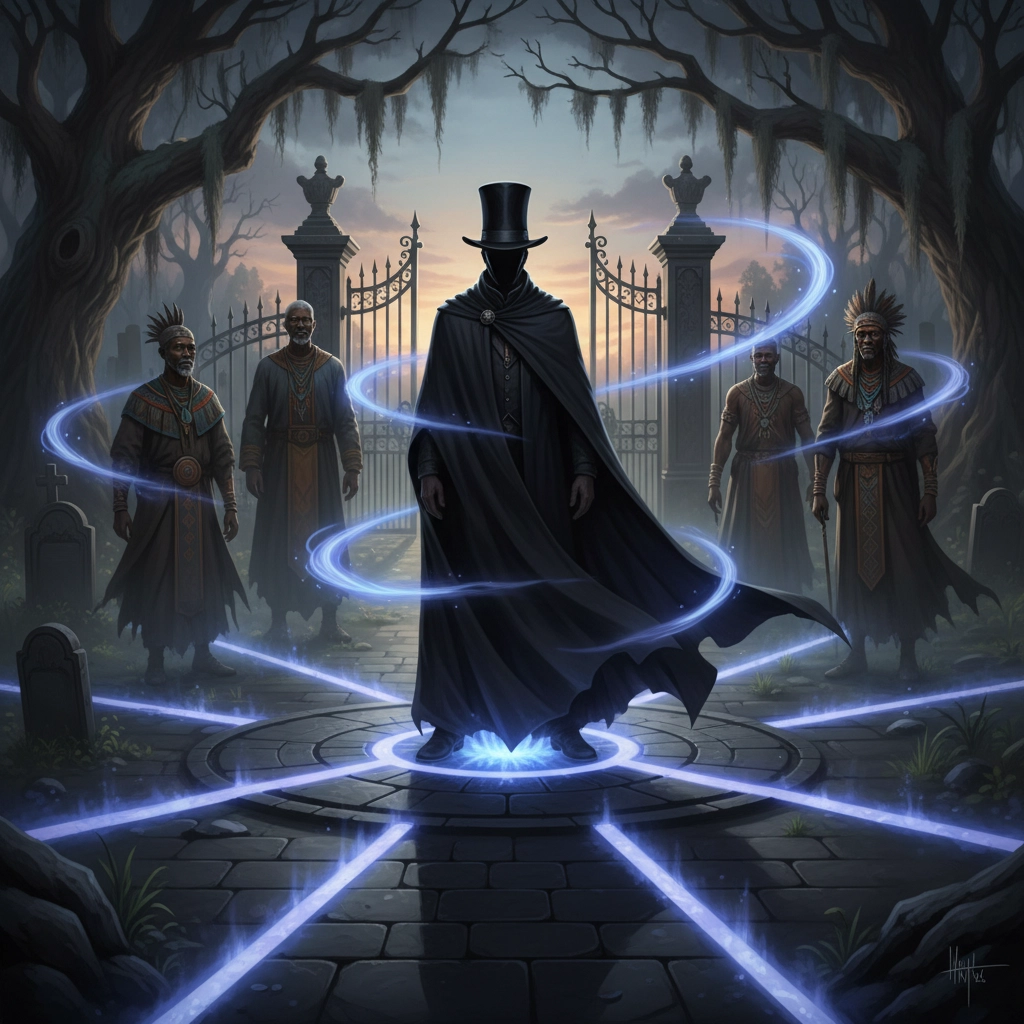
Tranca Rua das Almas isn't just another spiritual entity: he's the Lord of Lost Souls, a title that carries weight far beyond mere folklore. As a subdivision of the mighty phalanx of Exu Tranca Ruas, he operates within the complex spiritual ecosystem of Umbanda and Quimbanda, two Afro-Brazilian traditions that have preserved ancient wisdom through centuries of persecution.
But here's where it gets fascinating: while most Exus work as individual protectors, Tranca Rua das Almas serves as a companion to the revered Pretos Velhos (spirits of deceased enslaved Africans) and Caboclos (indigenous spirits). Think of him as the spiritual bodyguard for other guardians: a meta-protector whose very existence speaks to the layered complexity of Brazilian spiritual traditions.
His domain? The treacherous territory between the living and the dead, where Eguns (restless spirits of the deceased) roam freely, seeking to disrupt the peace of both worlds. Where other spirits might flee from such darkness, Tranca Rua das Almas stands firm, his cape billowing in otherworldly winds, ready to face whatever emerges from the shadows.
The Defrocked Priest's Redemption Story
The origin story of Tranca Rua das Almas reads like a spiritual thriller. Legend speaks of an ancient Portuguese priest who lost his way, stripped of his clerical status and cast out from the very institution he once served. But rather than disappearing into obscurity, this disgraced clergyman found his true calling in the liminal spaces between salvation and damnation.
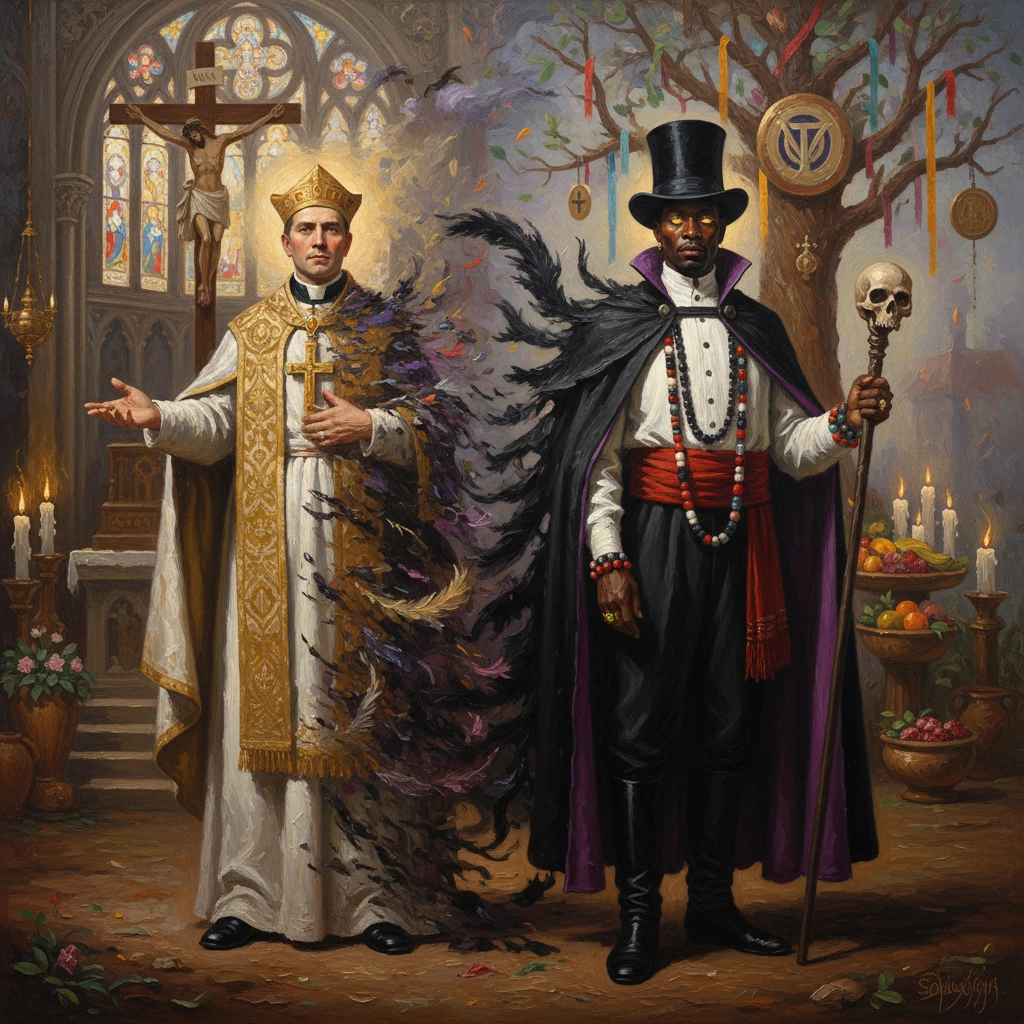
This transformation from fallen priest to spiritual guardian represents something profound in Afro-Brazilian spirituality: the idea that redemption doesn't always look like what we expect. Sometimes, it wears a black cape and top hat. Sometimes, it carries a dagger alongside a rosary. Sometimes, the very people cast out by organized religion become the most powerful protectors of spiritual truth.
The colonial implications are impossible to ignore: a Portuguese priest, symbol of European religious dominance, becomes subservient to African spiritual wisdom. The oppressor becomes the protector, the colonizer becomes the guardian of the very traditions he once sought to destroy. It's poetic justice written in spiritual ink.
The Trickster's Tools and Symbols
When Tranca Rua das Almas manifests, he comes dressed for business: spiritual business. His iconic top hat isn't just fashion; it's a symbol of authority that bridges European formality with African spiritual power. The cape that flows behind him represents the veil between worlds, the thin membrane he navigates with ease.
But it's his tools that tell the real story. The dagger he carries isn't for violence: it's for cutting through spiritual obstacles, severing negative attachments, and clearing paths that others fear to walk. His cane or scepter represents authority over the crossroads, the power to open and close spiritual doorways at will.
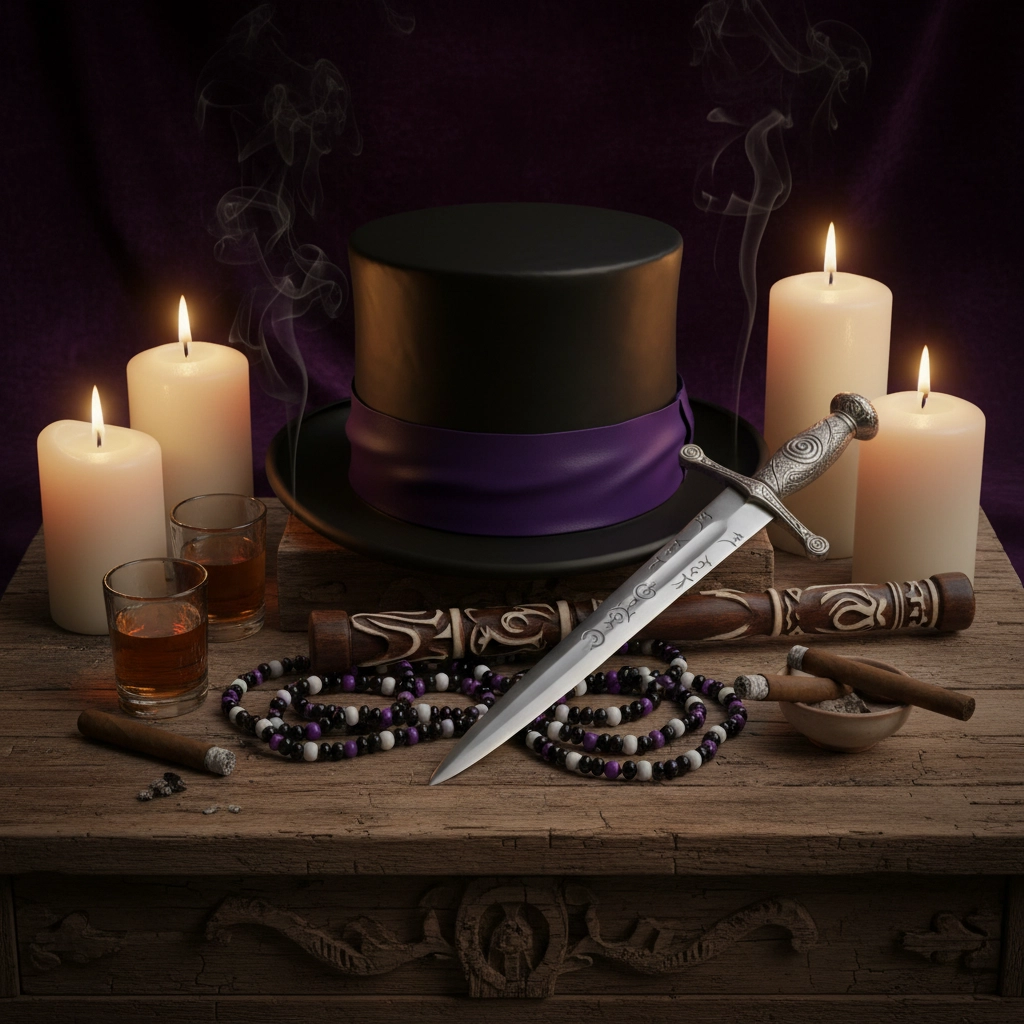
The guias (beaded necklaces) he wears come in his signature colors: white and black, sometimes accented with purple. These aren't random choices. White connects him to Oxalá, the great father figure of the orixá pantheon, while black links him to the mysteries of Omolu, the healing deity of disease and death. The purple? That's pure mystery: the color of transformation, of wisdom earned through suffering.
Monday Nights and Sacred Offerings
Unlike the Sunday morning spirituality of mainstream religions, Tranca Rua das Almas operates on a different schedule entirely. Every Monday belongs to the Exus and the Souls, when the veil between worlds grows thin and spiritual work intensifies. But it's the Day of the Dead when his power reaches its peak, when lost souls cry out for guidance and protection.
His preferences in offerings reveal a spirit who appreciates the finer things: or at least the stronger things. Cachaça, conhaque, and whiskey aren't just drinks; they're spiritual fuels that honor his Portuguese colonial origins while acknowledging his Brazilian transformation. The cigars he favors create sacred smoke that carries prayers across dimensional boundaries.
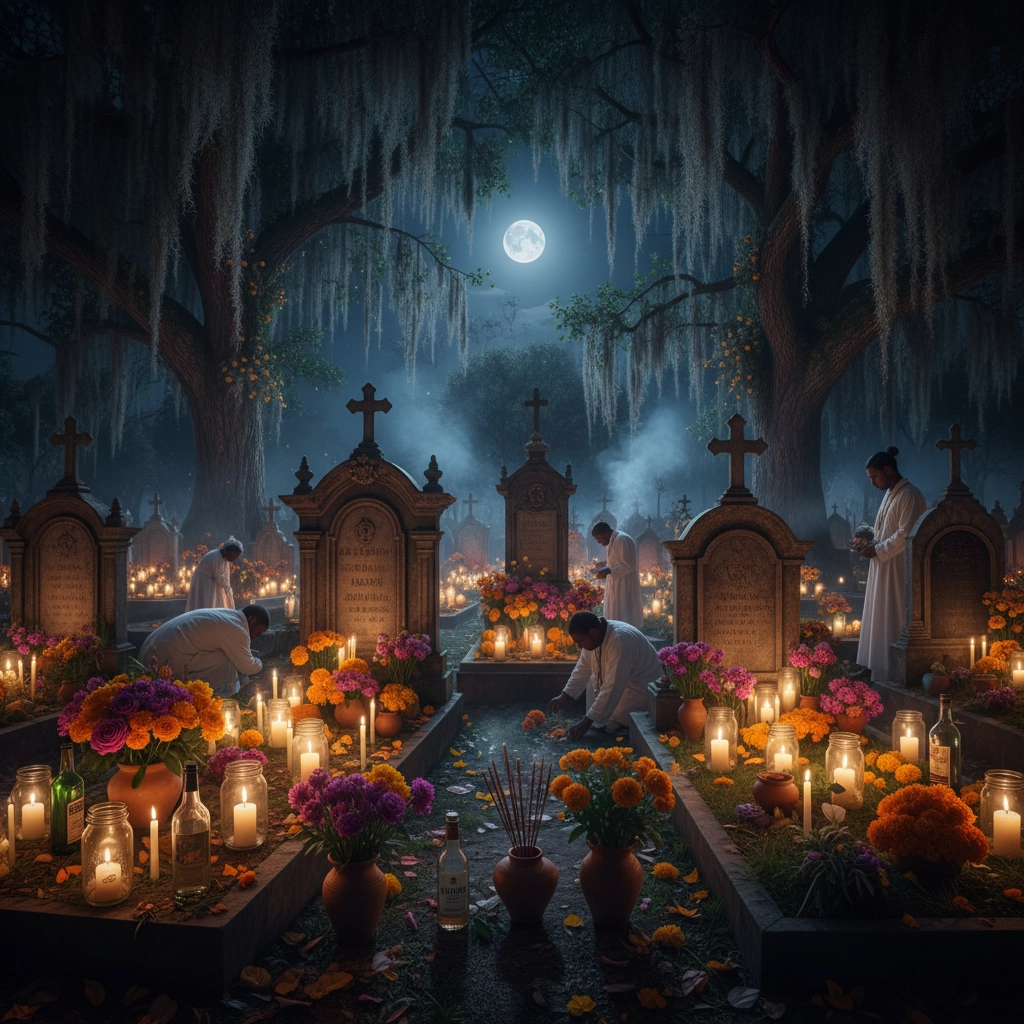
These aren't superstitious rituals but sophisticated spiritual technology. Each offering creates a bridge, each ritual opens a communication channel. When devotees gather at places like the Cemitério da Saudade in Campinas, São Paulo, they're not just hoping for miracles: they're engaging in centuries-old practices that have proven their worth through generations of spiritual work.
The Modern Guardian of Ancient Paths
In our digital age, where connection often feels virtual and shallow, Tranca Rua das Almas offers something increasingly rare: authentic spiritual relationship. He doesn't promise easy solutions or instant gratification. Instead, he offers protection for those willing to walk the difficult paths of genuine transformation.
His role as a barrier against envy, discord, and selfishness speaks directly to modern spiritual needs. In a world where negative energy travels at the speed of light through social media, where jealousy and resentment can destroy relationships in seconds, his protective presence becomes more valuable than ever.
The Revolutionary Wisdom of the Crossroads
What makes Tranca Rua das Almas truly revolutionary isn't his dramatic appearance or mysterious origins: it's his fundamental message about redemption and transformation. He proves that spiritual authority doesn't always come from pristine institutions or unblemished histories. Sometimes, the most powerful guardians are those who've walked through darkness and emerged stronger.
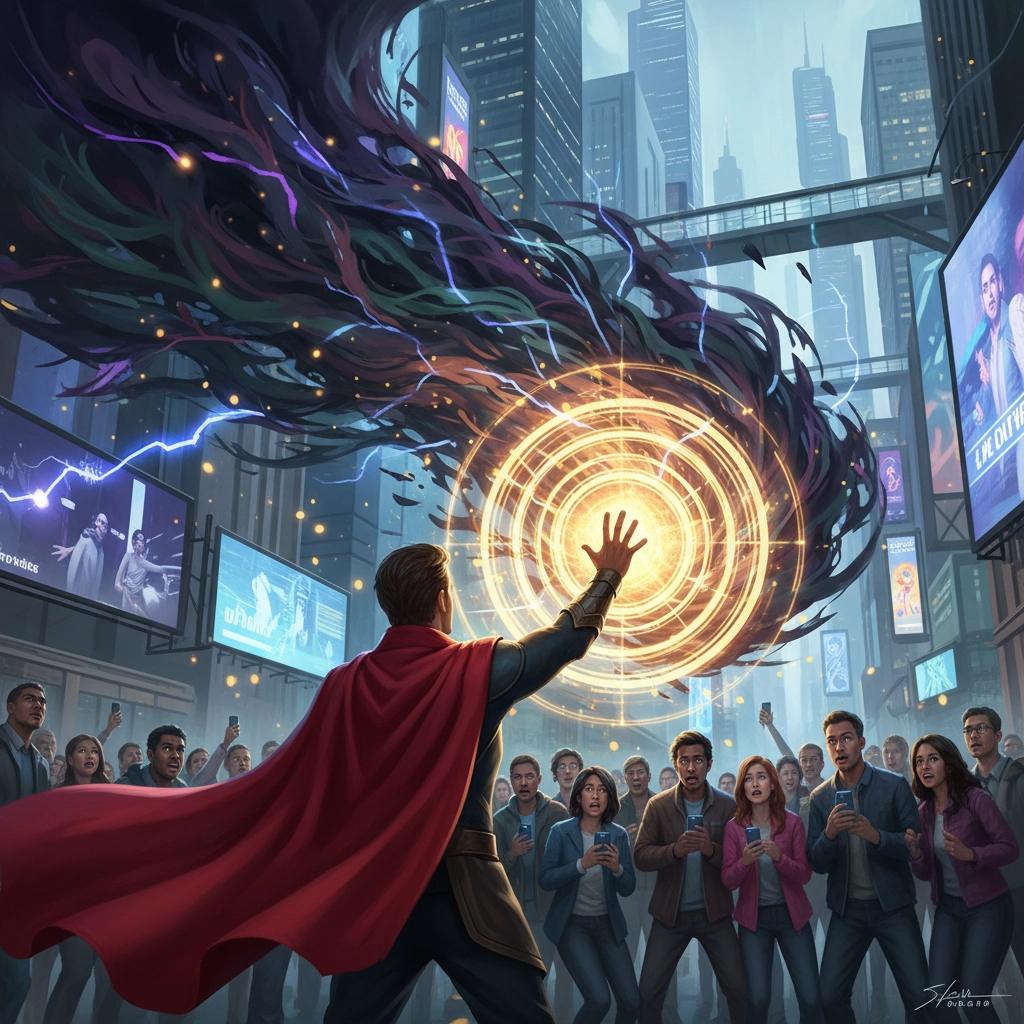
His story challenges every assumption about purity, authority, and spiritual worthiness. He's living proof that the margins of society: the discarded, the outcast, the "unworthy": often hold the keys to profound spiritual wisdom. In Umbanda and Quimbanda traditions, this isn't just theology; it's lived experience that transforms communities and individuals alike.
Walking with the Guardian
To work with Tranca Rua das Almas isn't to escape from reality: it's to engage more deeply with the full spectrum of human experience. He doesn't promise to make your life easier; he promises to make you stronger. He won't shield you from every challenge; he'll teach you to navigate them with wisdom and power.
His presence reminds us that authentic spirituality often emerges not from comfort but from the collision of opposing forces: African wisdom with European symbols, ancient power with modern needs, darkness with light. In these intersections, something new and transformative is always being born.
The next time you find yourself at a crossroads: literal or metaphorical: remember the guardian who watches over lost souls and protects the protectors. In a world that often feels chaotic and uncertain, Tranca Rua das Almas stands as a reminder that even in the darkest moments, powerful allies walk beside us, ready to clear the path forward.
The question isn't whether you're worthy of such protection: the question is whether you're ready to walk the path he guards, with all its shadows and revelations, its challenges and transformations. Because at the crossroads where Tranca Rua das Almas stands watch, every ending is also a beginning, and every soul has the chance for redemption.
